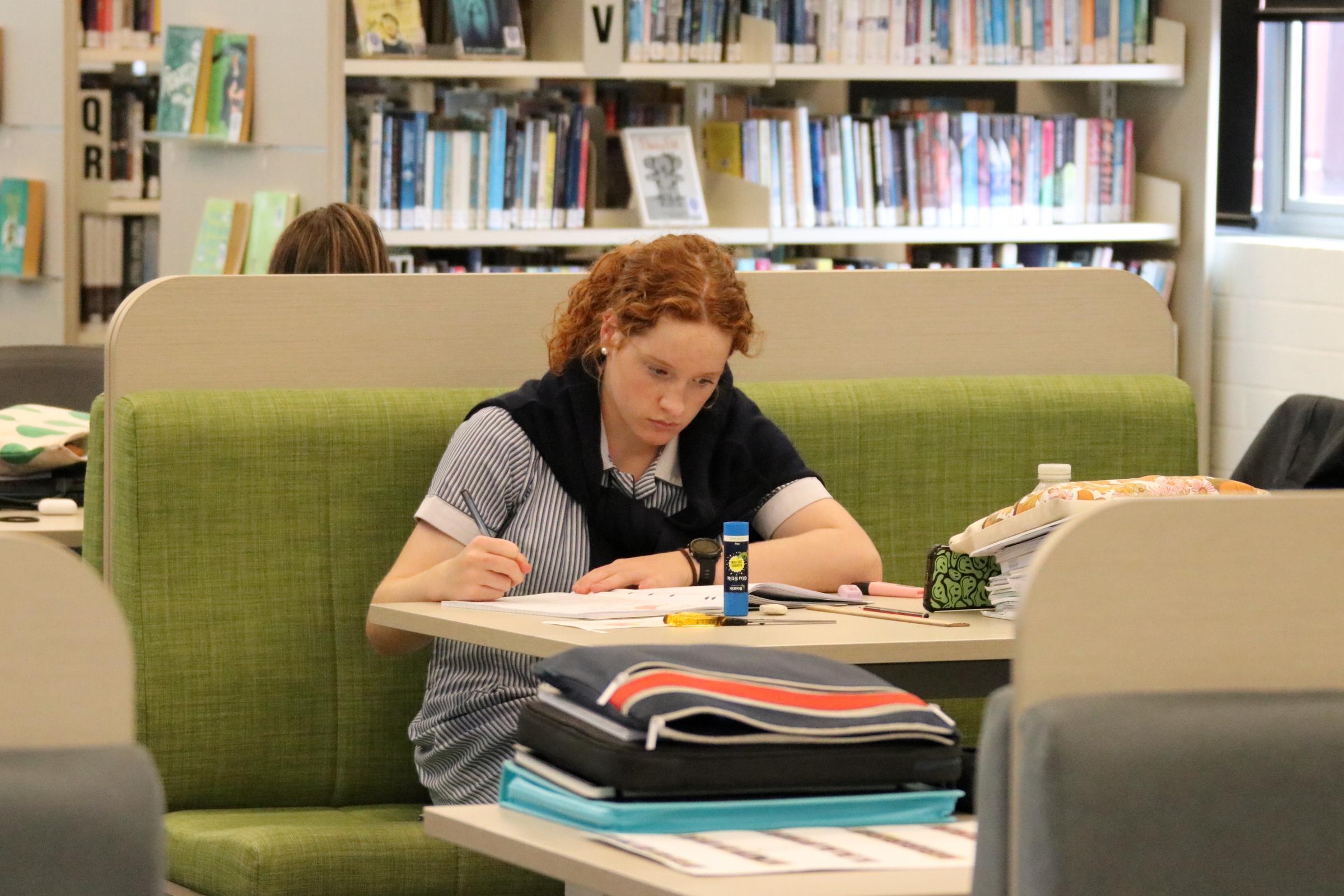Deputy Principal, Teaching and Learning

‘Be careful little eyes what you see.’
Our Year 12 English students are currently looking at analysing argument and persuasive language in media texts. We are teaching the students to think critically about what they read and carefully examine the author’s contention and what the publication represents. The skills that our senior students are utilising are not confined to the English classroom, in fact they are life skills.
We need to encourage our young people to be mindful of what they see and read. What books they read, what social media platforms they post on, what film and video texts make up their ‘entertainment diet’. As a teacher I want to be cautious about what my students engage with, and therefore parents will often be informed if students are viewing or reading something with adult themes or challenging content. But more and more our young people are engaging with print and video texts online away from the guidance and support of an adult and they do not have the experience or confidence to discern what is good or bad.
My challenge to our College community is to consider what our young people ‘see’. As adults we know it is difficult to unsee things, to retract a strong image that we have encountered in a film or newsfeed. For children and young adults, it is the same – you cannot unsee something. The image may be frightening, they might feel embarrassment, shame, excitement and not understand why. It might some raunchy scenes from ‘Bridgerton’ or the violence of ‘Squid Games’, a graphic news item or tantalising Tik Tok.
When we eat food that has turned bad our body has a way of dealing with the poison – we get sick. Our body knows how to heal itself. But when we consume images that are frightening, dark and unhelpful our body does not have a built-in mechanism to get rid of them. The ideas and image remain in our head. Research suggests that the average exposure to pornography is declining. It is not unusual for this to occur at around 11-13 years of age or earlier. There is also a strong correlation between the use of porn and poor mental health. What we see can make us feel bad. It can make us feel shame and confused. As need to work together, educators and parents to help our young people make informed choices and be there to offer support and guidance as they navigate a rapidly changing, highly sexualised visual media culture.
If you would like to read more consider:
Melinda Tankard Reist who is an advocate for women and girls.
About Melinda | Melinda Tankard Reist
Tomorrow Man Tomorrow Man
This week we complete our NAPLAN practice test on Thursday 24/3/22 for all Year 7 and 9 students. Mr Ben Hawthorne the Head of Middle Years will supervise this program.
Our Year 10-12 students will participate in a Study Skills session on Friday 25/3/33 presented by Elevate Education. We look forward to students consolidating their study skills and exam preparation.
Susan Bradbeer
Deputy Principal Teaching and Learning
